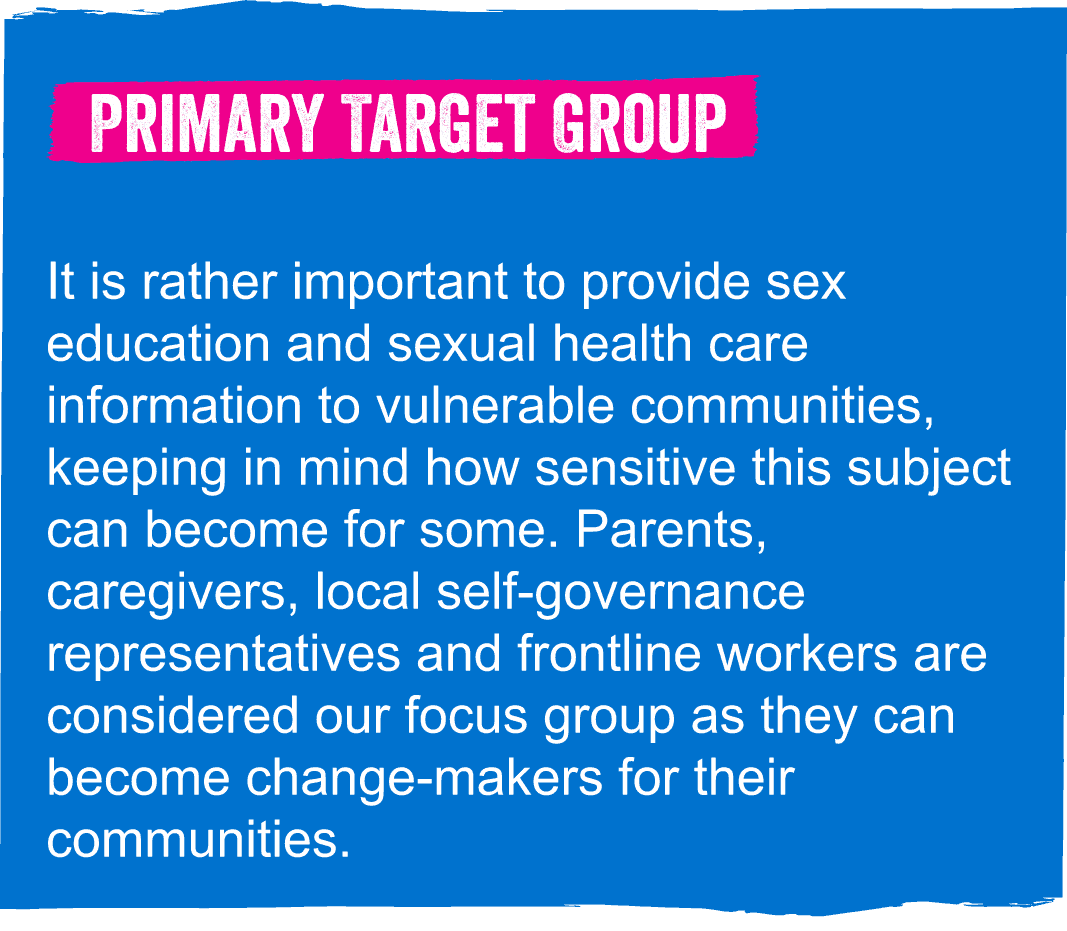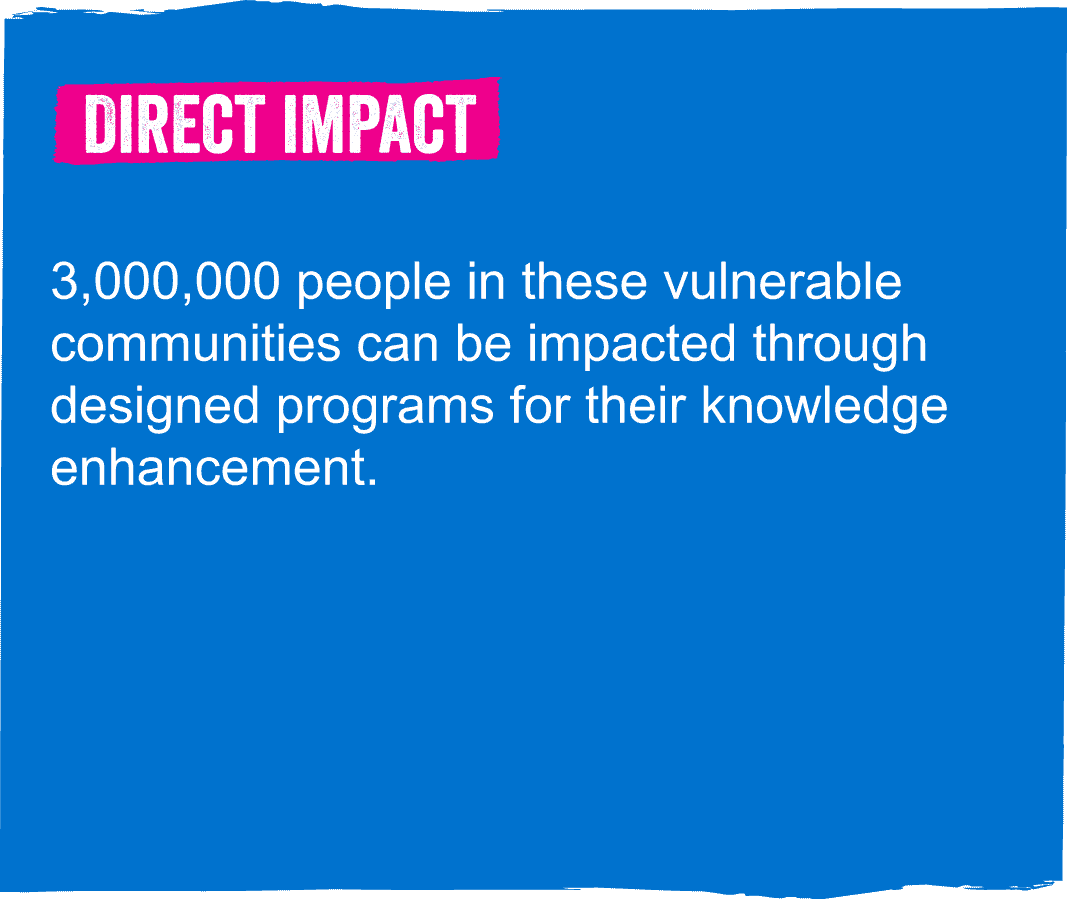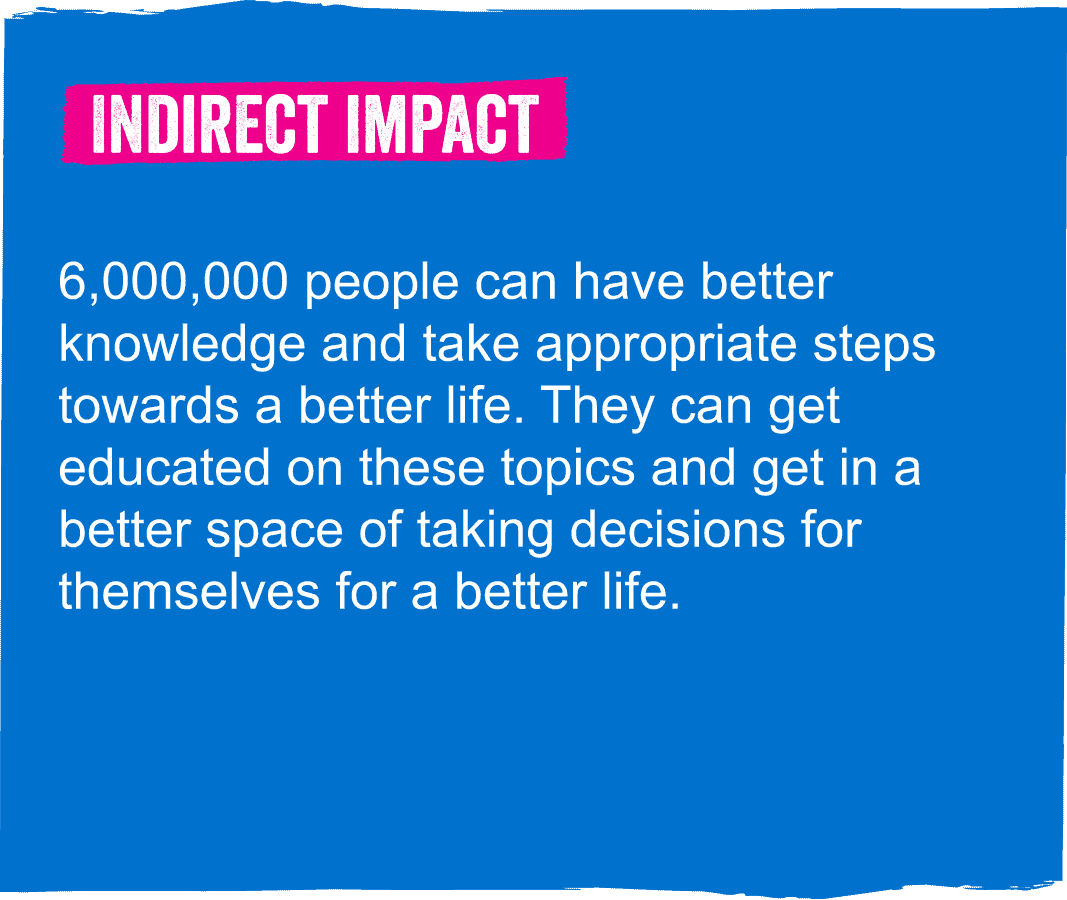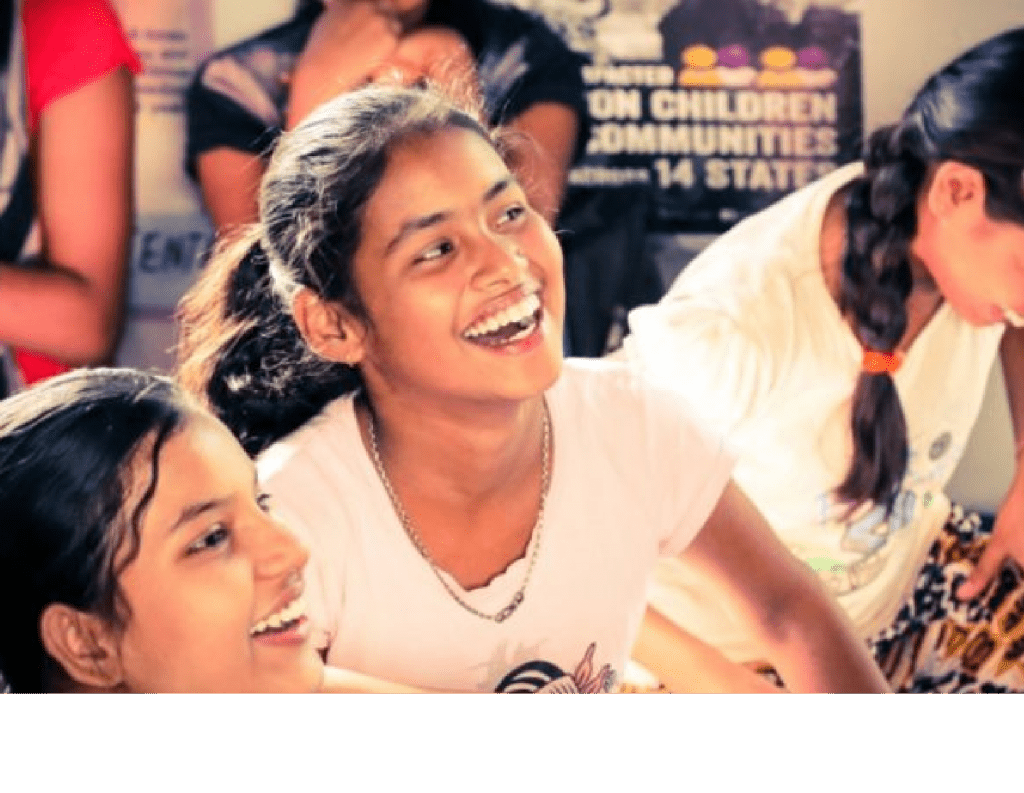The stigma attached to sex and sexuality ensures that such issues never enter public discourse, lack of comprehensive sexuality education, inaccessibility, and lack of knowledge around contraceptives, erroneous sex education culminating in unhealthy sexual practices and reproductive ill-health are large issues that plague the youth. This is turn leads to early marriages, early pregnancy, and severe health issues among girls from vulnerable groups.
Our Sexual Reproductive Health program aims to empower girls to become drivers of change to make informed decisions about the & also support their peers to make decisions about sexuality, life goals, reproductive health, and enjoy their Sexual Reproductive Health Rights.
To achieve this, Plan India provides the required knowledge and skills to help adolescent girls make informed decisions and actively engage them in designing and monitoring SRH programs.







 Deliver Comprehensive Sex Education to Children and Youth
Deliver Comprehensive Sex Education to Children and Youth


